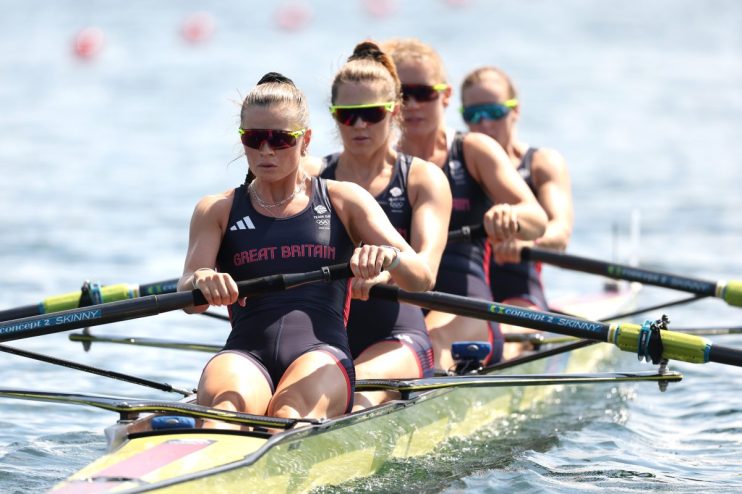‘Doing nothing isn’t an option’: How UK Sport is tackling sustainability

On Earth Day, UK Sport CEO Sally Munday argues that collaboration is the key to a more sustainable future for the games and recreation that we love.
At UK Sport, we firmly believe that by working together we can tackle the biggest challenges we face.
Climate change is certainly one of those. We can see its impact on our playing fields, our waterways and the training environments of our Olympians and Paralympians.
As our athletes prepare for the Winter Games in Milan-Cortina we are acutely aware that only 10 of 19 previous Winter Olympic hosts will be viable destinations by 2050.
Environmental degradation is impacting our athletes and events now and, without action, their future is under threat.
In 2023, UK Sport launched our Sustainability Accelerator Programme and two years later, on Earth Day, I am delighted to say that it has made a difference.
We have invested £300,000 in an initiative that unites the British sporting system to tackle climate change.
According to the International Olympic Committee, it is the biggest multi-sport sustainability initiative ever delivered globally.
The brilliant teams at Sporting Giants and Useful Projects have worked with more than 30 sports to measure their emissions and implement action plans.
What does this mean in real terms? There are a number of examples of how the national governing bodies that we invest in are taking positive action.
One example I love is that British Ice Skating and Ice Hockey GB are now collaborating to address the environmental impact of their energy inefficient venues.
This collaboration wasn’t happening before the Accelerator Programme, and now it is.
I also strongly applaud the Clean Water Sports Alliance – a coalition of 12 water-based sports calling for urgent action on the state of our waterways.
The government is hearing what these sports are saying on this highly topical issue. This collaborative approach could influence changes in legislation or how the government holds water companies to account, and that can only be a positive thing.
Sustainability is a commercial driver for sport
There is a perception from those outside of our system that sustainability initiatives place a greater burden on the sports that we fund.
However, that’s not what sports are telling us – 80 per cent of national governing bodies that took part in the accelerator now view sustainability as a pillar of their long-term success and, crucially, as a commercial driver rather than a cost.
In the last week, I’ve heard that British Rowing has developed purpose-led partnerships as a direct result of its environmental commitments, demonstrating how sustainability can be our secret weapon.
We recognise that there is so much work that still needs to be done. This isn’t the finish line – it’s just the beginning.
Many of our NGBs still need support in turning their plans into action, and new sports entering the Olympic programme require sustainability integration.
Like our athletes, we are doing everything in our gift to control what we can control. We are in the business of making bold and transformative changes to protect the future of Olympic and Paralympic sport in this country. Doing nothing isn’t an option.
Sally Munday is CEO of UK Sport.